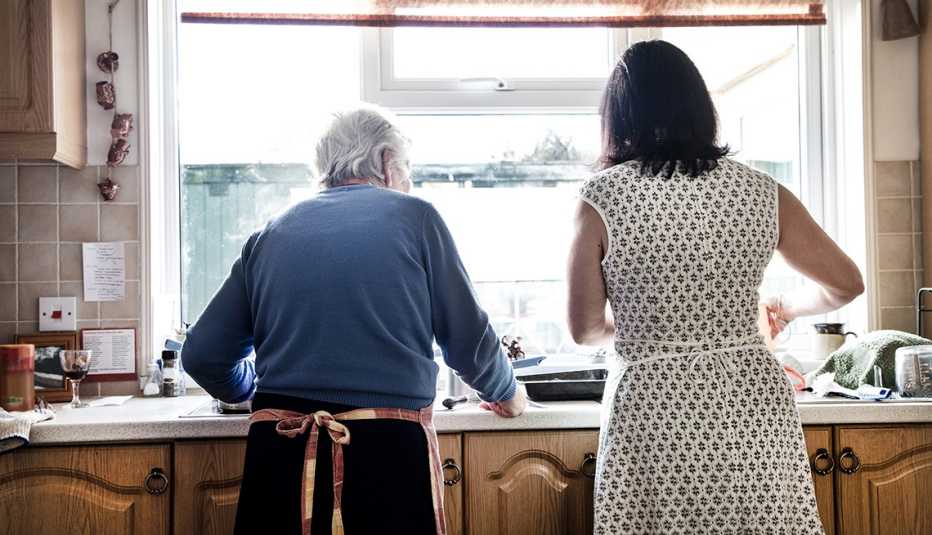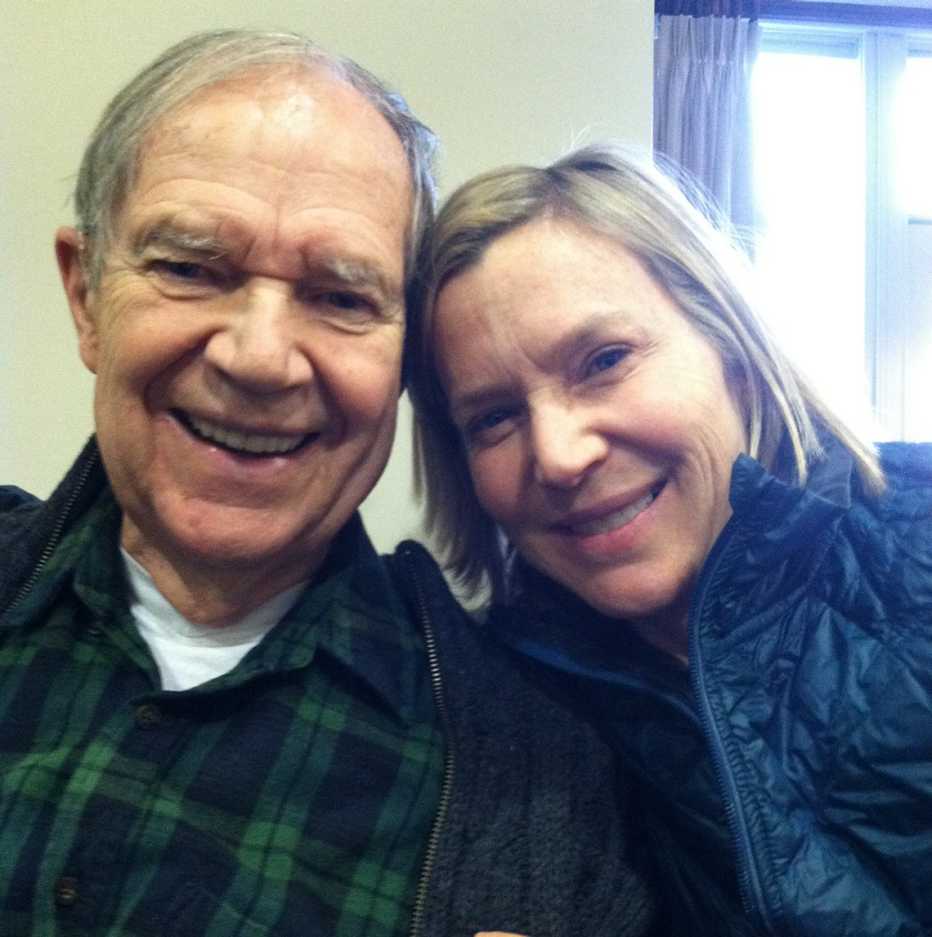Staying Fit


There will eventually come a point in time with aging parents when the world tilts and roles begin to shift. It's the period when, as children, we begin to feel more like the parent. And for our parents, like it or not, they can begin to feel as if they're being treated like children. None of this is comfortable. All of it feels sad.
This transition can happen gradually, as cognition and physical ability change. Or, in the case of a medical emergency, the balance of decision-making and independence can be transformed overnight. In all cases, navigating the new landscape is fraught with emotion and confusion and, for many, requires strategies that can help preserve dignity and hand back power in the relationship. Making matters worse, adult children are often put in the position of having to say no to their parents, whether it's due to physical balance, safety issues or other reasons. In every case this is usually a complicated and frustrating journey for all involved.


AARP Membership— $12 for your first year when you sign up for Automatic Renewal
Get instant access to members-only products and hundreds of discounts, a free second membership, and a subscription to AARP the Magazine.
As my father began to succumb to the ravages of dementia, independent tasks and activities gradually disappeared or were taken away. The ability to travel alone was the first painful step. As a retired businessperson, he had enjoyed donating his time and talent on the boards of charitable organizations, but that eventually ended. Next up on the chopping block was his ability to drive and, after that, manage my parents’ finances. For both of us, the conversations were painful. Each diminishment felt like a wound.


So, how could I find ways to demonstrate that he was still my father and I his child? Beyond simply feeling love and devotion, I wanted him to understand that I still viewed him as an accomplished person, someone whom I respected and admired.
The biggest ways I could achieve that goal were to focus on the small things. I found that I could reaffirm that he had choices in his life by asking questions, sometimes as simple as did he want to wear the gray pants or the black ones?
I canvassed a number of caregivers to see what worked for them and what tips they had to offer. For most everyone it came down to the same formula I had hit on: providing choice in every possible situation, from what to eat, to whom to visit, to which game to play, to whom they might want to talk to on the phone.

































































More From AARP
Group Homes: Assisted Living on a Smaller Scale
Residential facilities may offer more personalized careFinding the Right Long-Term Care for Your Loved One
Weigh the options to make the best possible choice